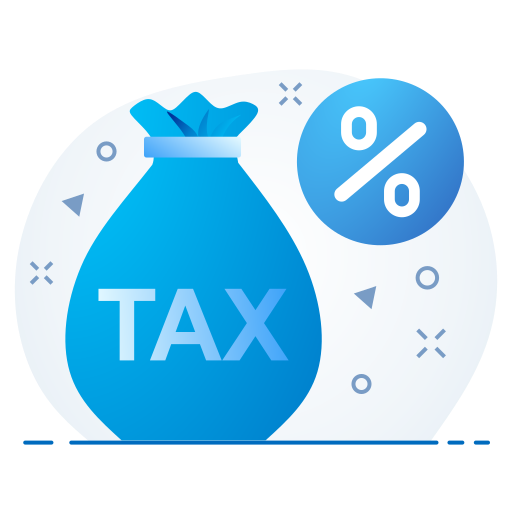Edit Content

We are the Best
Get free Consultant With out Experts.
Other Services
Fundraising
- Fundraising
- Pitch Deck
- Business loan
- DPR Service
NGO
- NGO
- Section 8 Company
- Trust Registration
- Society Registration
Property & Personal
- Property Title Verification
- Property Registration
- Rera Complaint
Lawyers & Experts
- Labour Law Advisor
- Criminal Lawyer
- Labour Lawyer
- Consumer
- Court Lawyer
- Divorce Lawyer
- Banking Lawyer
- Immigration Lawyer
- Family Lawyer
- Litigation Lawyer
- Intellectual Property Lawyer
- Trademark Lawyer
Notice: File your Company Audit before the 30th September deadline. Talk to our expert








